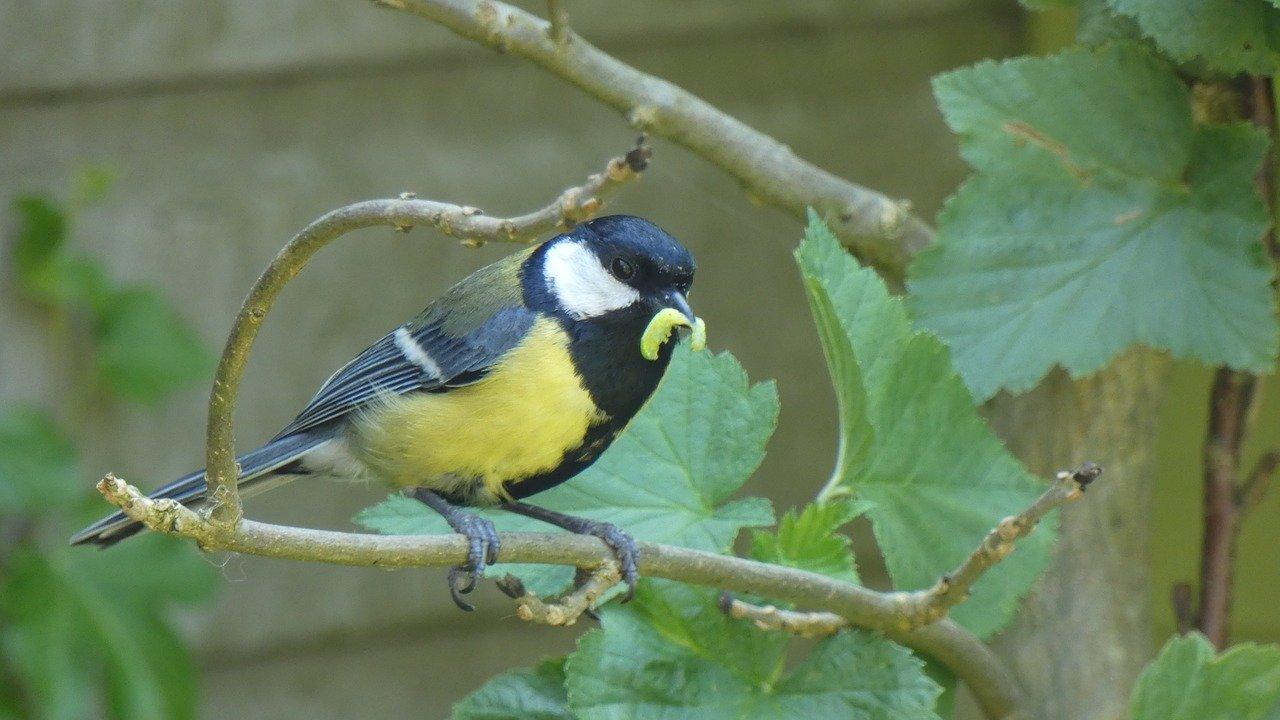Citizens should be more involved in research, says Rathenau Institute

Want to make a contribution to scientific research? You don’t necessarily have to work for a university or academic institution to do so. Citizens can help by posing relevant questions, collecting data, disseminating results, and looking for practical applications.
Bird counting
The Rathenau Institute mentioned the Dutch Research Agenda as an example of citizen participation. Created in 2015, the agenda is based on 12,000 questions sent by the public. The National Bird Count is another example: almost 200,000 people took part in it last month.
Yet, "community science" has scarcely gotten off the ground in the Netherlands, Rathenau Institute concludes in its report on open science, only available in Dutch for now. Open Science is a movement to make scientific research more accessible.
Snowed under
Today, policy planning for open science is often still directed at making scientific articles and data publicly available. But it is mostly useful for other researchers, Rathenau Director Melanie Peters emphasises in the report's foreword. She says that such “openness” carries with it the threat of people becoming “snowed under”.
The Institute makes several recommendations in its report: first, research must become more accessible by avoiding technical jargon and academic terms, for example. Furthermore, there should be more incentive for researchers to get citizens involved in their research projects. She suggests funding organisations could include citizen participation in the criteria for awarding grants and subsidies more often.